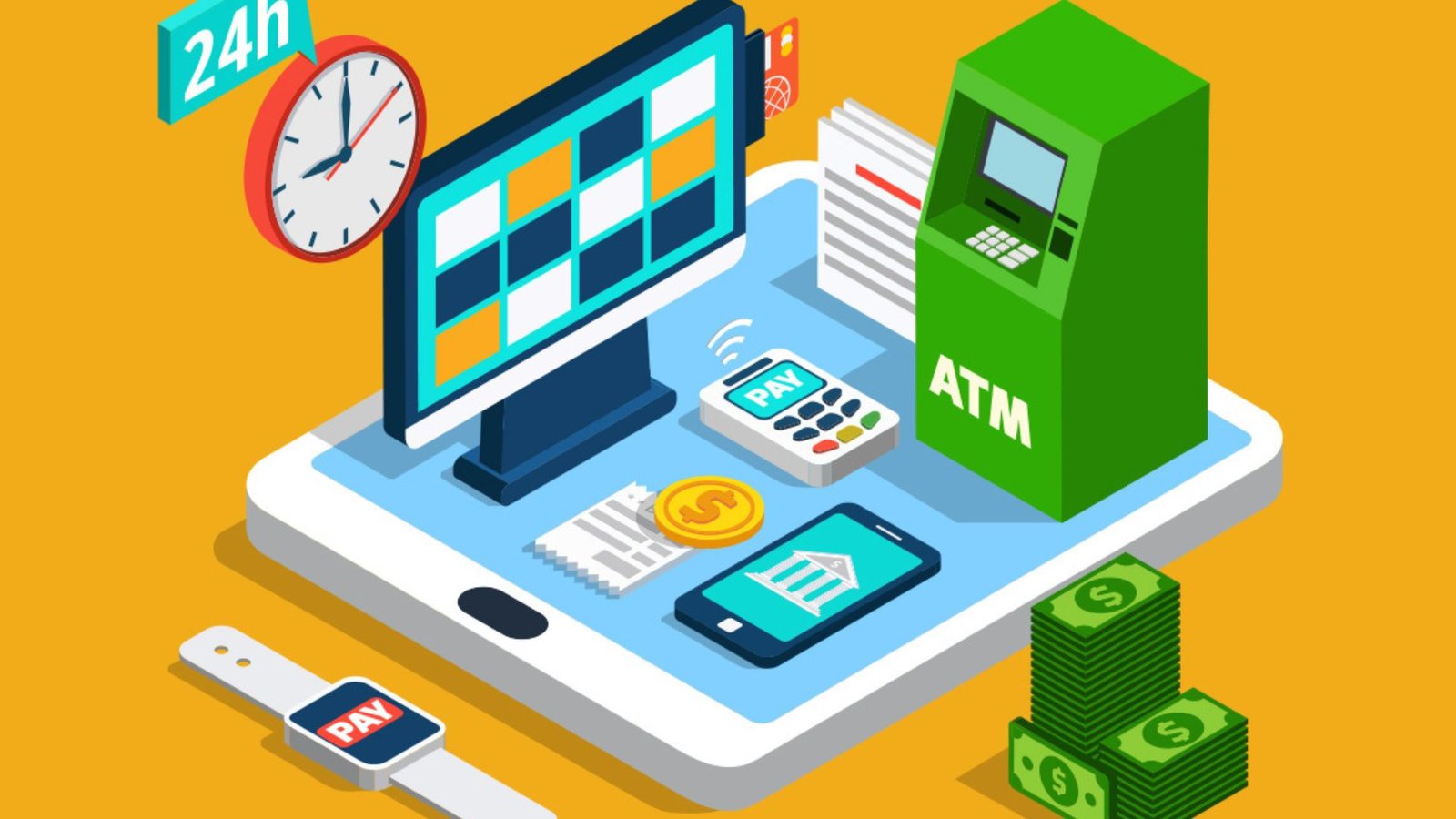What Are The Benefits Of E-Banking
- By -Evens Smith
- Posted on
- Posted in Banking
E-banking, or electronic banking, has revolutionized the way people manage their finances. With the rise of smartphones, tablets, and computers, more and more people are turning to online banking services. But what exactly are the benefits of e-banking? In this article, we’ll explore how e-banking makes managing your money easier, faster, and more secure.

1. Convenience and Accessibility
One of the biggest benefits of e-banking is the convenience it offers. You can access your bank account anytime, anywhere—whether you’re at home, at work, or even traveling abroad. No need to visit a bank branch or wait in long lines. With just a few clicks on your computer or taps on your smartphone, you can check your balance, transfer funds, pay bills, or even apply for a loan. This accessibility is perfect for busy people who need to manage their finances on the go.
2. 24/7 Availability
Unlike traditional banks, which have set hours of operation, e-banking services are available 24/7. This means that you can access your account and perform transactions at any time, day or night. Whether it’s a weekend or a holiday, you don’t have to wait for the bank to open. This flexibility is especially useful for those with irregular schedules or people living in different time zones.
3. Lower Fees and Better Rates
Many online banks and e-banking services offer lower fees compared to traditional brick-and-mortar banks. Since online banks don’t have the overhead costs associated with physical branches, they can pass these savings on to customers. You might enjoy lower monthly fees, fewer charges for transactions, and better interest rates on savings accounts and loans. This can help you save money over time.
4. Quick and Easy Transactions
E-banking allows for quick and seamless transactions. Whether you’re transferring money between accounts, paying bills, or sending money to a friend, digital banking services are typically faster than traditional methods. Transfers can happen instantly or within a few hours, while traditional bank transfers might take a few business days to process.
Additionally, setting up recurring payments or direct deposits is simple and can save you time. Once set up, you don’t have to worry about manually making payments each month, which is a huge time-saver.
5. Enhanced Security
Although some people worry about the security of online banking, many e-banking services offer advanced security features to protect your financial information. Banks use encryption technology, multi-factor authentication, and other security measures to ensure your data is safe from hackers. Moreover, you can set up alerts for transactions and unusual activities to keep an eye on your account, giving you an extra layer of protection.
Additionally, if you ever notice suspicious activity, most banks offer fraud protection, which means you won’t be held liable for unauthorized transactions.
6. Easy Budgeting and Financial Management
E-banking platforms often come with tools that help you track and manage your finances. Many online banking apps and websites provide features like spending categories, transaction history, and budget tracking. These tools can help you analyze your spending habits, set financial goals, and stay on top of your budget. Some banks even offer automated savings programs that round up your purchases to the nearest dollar and save the difference for you.
By having a clear view of your finances, it becomes easier to make informed decisions and stay in control of your money.
7. Paperless Transactions
E-banking supports paperless transactions, which is not only good for the environment but also makes record-keeping easier. You can receive electronic bank statements and pay bills online, reducing the need for physical paperwork. This digital format also makes it simpler to store and retrieve your financial records whenever you need them.
For example, if you need to reference a past payment or check your account history, you can simply log in to your online banking platform and access all your transaction details instantly.
8. Access to Additional Services
Many e-banking services offer additional features that may not be available with traditional banks. For example, you can easily access investment services, apply for loans, open new accounts, or set up retirement plans online. You can even use your banking app to track your credit score and receive personalized financial advice.
Having all these services in one place means that managing your financial life becomes easier and more streamlined.
Conclusion
The benefits of e-banking are clear: it offers convenience, security, and better control over your finances. Whether you’re looking to save time, reduce banking fees, or gain access to a wide range of services, online banking is a powerful tool. With features like 24/7 access, fast transactions, and enhanced security, e-banking is transforming the way we manage our money.
By embracing digital banking, you can enjoy a simpler and more efficient way to handle your finances, all while benefiting from the ease of managing everything from your phone or computer. If you haven’t yet made the switch to e-banking, now might be the perfect time to give it a try!



